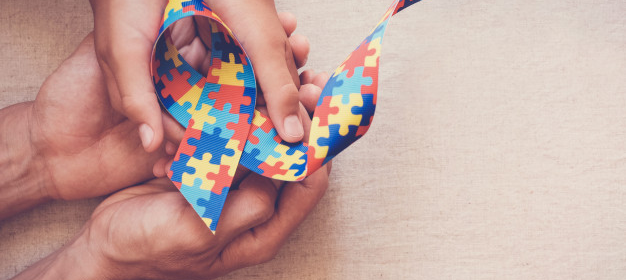As kids, we navigate through childhood with budding curiosity. We explore everything around us, meet different types of people and learn to interact with them socially. We experience different social interactions that help us develop our communication and interpersonal skills. However, this isn’t the case for all children, especially the ones who have neurodevelopmental disorders such as autism.
For children under the autism spectrum, their experiences are different. They may take time in building social skills that are necessary to form social bonds. While neurotypical children instinctively pick up social skills growing up, children with autism need assistance and proper guidance.
The lack of social skills is a defining characteristic for individuals with autism. This is the reason why there is a strong emphasis on providing support, teaching alternatives, therapies, and training for autistic individuals. The goal is for them to have the best quality of life by creating meaningful social connections, friendships and relationships which are crucial to improve their quality of life.
While several treatments are available to help individuals with autism improve their social skills, we will be looking at some pointers you can take note of, as a parent, sibling, or family member to help them better map out social interactions.
Start With Basic Social Skills At Home
Children with autism don’t learn social skills immediately after therapy. It’s a gradual process that involves your support at home. Help your child practice at home by applying what it learns from therapy sessions. Remember the efficacy of his therapy will also depend on how you help your child carry it out during real-life situations. Make your social interactions at home consistent. These can include simple greetings such as morning greetings, and how do you do’s. You can also teach the value of sharing, good manners and respecting personal spaces.
Educate Yourself As Your Child Progresses
This is the most important step parents can take in supporting their children with autism. Educate yourself about your child’s condition. The better you know about your child’s strengths and weaknesses, the better you can reinforce their social skills. There are several training programs such as an ABA foundation course for parents that provide information about social skill enhancement. Take advantage of these resources as you can to provide the extra support your child needs in social skills development. Become proactive in your child’s therapy sessions. When helping your child with their interpersonal skills, make sure to reduce social stressors as much as possible.
Right & Wrong Behavior Vs. Expected Behavior
Children with autism process information differently compared to their neurotypical peers. When speaking to your child, it is important to refrain from calling out bad or good behavior and instead be direct in explaining what behavior is expected. For instance, teach your child that saying please and thank you is required when requesting something. Teach your child about what behaviors are expected during social interactions and provide concrete examples when doing so.
Recognize That Early Intervention Is Crucial
Early intervention is crucial in creating a good starting point for your child’s development. Addressing their challenges early will benefit them in the long run. Starting therapy early will ensure that they experience the best quality of life and at the same time recognize their full potential. There are plenty of therapies available such as ABA therapy, CBT, and Occupational therapy. Work with your child’s therapist so you can further facilitate its development of interpersonal abilities even at home.
If you wish to learn more about how to improve the social skills of individuals with autism, you can talk to our experts at the Pulse Therapy and Learning Center.


